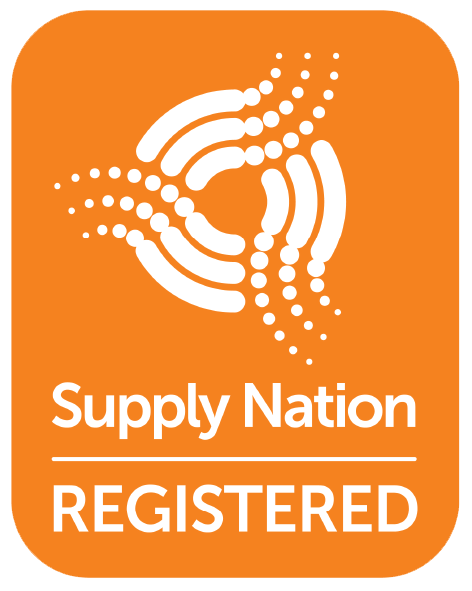Last night Iscariot Media’s Managing Director Leesa appeared on ABC’s The Drum. The discussion was exploring the opportunities of the newly released Indigenous Procurement Strategy released by the Department of Prime Minister and Cabinet. In the segment, Leesa discussed the importance of ensuring that Indigenous businesses are given the opportunity to grow in a sustainable manner. She argues, it takes many years to grow a business and is not something that can be done overnight.
A consistent challenge facing the sector, of course, is what is referred to as ‘black-cladding’. Where non-Indigenous businesses operate with a so-called ‘black-face’. While these businesses meet the legal definitions of an Indigenous-owned businesses, they are essential white businesses with black fronts, and any social impact they deliver to Aboriginal and Torres Strait Islander communities is questionable.
However, Leesa argues that unscrupulous behaviour is a result of the pressure on Indigenous businesses to get started and to have capacity almost immediately. Leesa argues,
“If you didn’t know better, from the publicity and fanfare you would think there were procurement opportunities falling out of the sky. That is NOT the case. I get really upset when I hear about Aboriginal and Torres Strait Islander people starting businesses, relying on the IPP, and then quitting their jobs years before they’re ready. The stress and anxiety this generates for people and families shouldn’t happen.”
Leesa welcomes the consistent reviews of Indigenous Procurement Policies, at local, state and federal levels. Reviewing policies means that as the landscape evolves (and the gaps become evident), so too the policy evolves. From her initial reading, the Indigenous Procurement Strategy looks like it will allow government officers the opportunity to have more flexibility in making decisions around procurement. Instead of making decisions around price, they can use other social impact indicators to choose the right business for the job.
